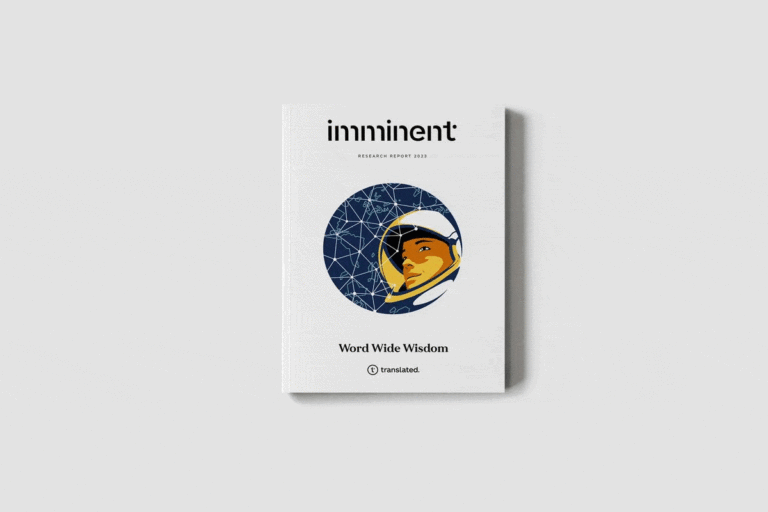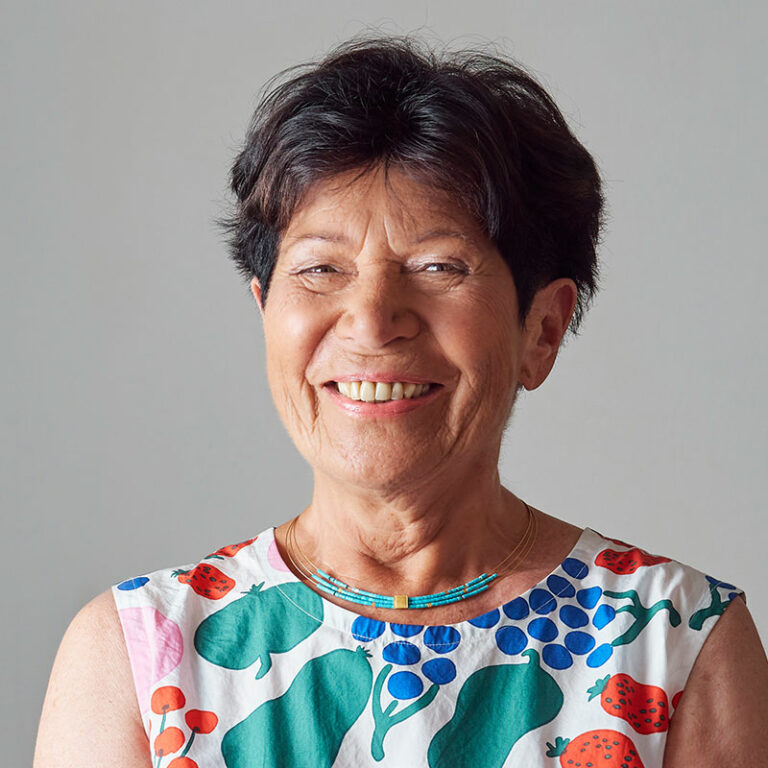Language
Brussels is one of the world’s major laboratories for multilingualism. Communication and cooperation contexts may vary. Requests may arise for oral or written communications, formal or informal, based on “globish” or other kinds of “barter languages” in settings where nothing else is available. Many high-level group meetings are held in Brussels, and interpreters are available until 1:00 p.m. When the meeting is not yet finished – which is normally the case – everyone switches to English. This works for documents as well – see “Brusselese” – but at the cost of losing clarity and precision. There are diverse problems, with many solutions:
1. Sherpa-work: Automated language translation
AI is a powerful tool and will undoubtedly improve. As with every tool, the user must learn how and when to use it to get the desired result. Think of it as a team of sherpas who prepare an ascent. Without them, it would be extremely difficult or take a long time. But the summit can only be reached if humans intervene. It depends on the height to be climbed, ambition, preparation – and the overall weather conditions.
2. Learning to speak “mathematics”
Remember Galileo? The book of Nature is written in mathematics! We continue to learn how to read and even how to write (although CRISPR does not only depend on mathematics). Human communication thrives on language, a living and evolving extension of human capabilities that has been crucial in driving social cooperation and the evolution of social organisation. On a mundane level, yes, we need more proficiency in multiple languages, including mathematics. Humanities students in China are obliged to take IT courses, preparing for better automated translation of the thousands of old Chinese texts unknown to the West.
3. Supporting early second/third language acquisition
Europe continues to lose out on the early window of opportunity during childhood and early adolescence when learning another language comes as a natural gift. We have abandoned the exchange of students in high schools that flourished after the war between France and Germany and never began elsewhere. But the popularity of ERASMUS follows the better-late- than-never rule. The contrast with India is striking, with its 52 official languages, several of them spoken at home by millions. Europe has not succeeded in establishing multi–language, multicultural media, despite attempts like ARTE or Euronews. I remember a conversation with a taxi driver in Helsinki decades ago, whom I complimented for his excellent English. He explained that all the films shown on TV were in English with Finnish subtitles, a deliberate policy, admittedly for a minority language.

World Wide Wisdom
Research Report 2023
It is possibile to improve the understanding between people that speak different languages and thus improve their ability to do things together in a smarter way? Can it be that a multilingual group is able to do better things? In order to answer to these questions we need to take into account how groups of people think and work together and how their collaboration can be improved.
Get Your Copy Now!4. Standardization of language
Standardization of language, technologies, organizations, etc., is inevitable when complexity increases. It is not to be confused with one language becoming dominant and facing powerful resistance from language diversification tendencies due to demographic and counter-cultural trends.
5. Foster multilingual and multicultural environments
Create spaces for real dialogue between people from different backgrounds and views, moving away from the “Grand Guignol” format predicated on pro & contra formats that dominate the media, especially TV. This requires a major cultural shift where differentiated points of view are given preference, with the aim of learning and ultimately seeing things differently. One such example is the FT “swamp notes”: two journalists debate difficult issues in a very nuanced way, letting the reader learn from their different perspectives. It is worth trying elsewhere.
6. Enter translation
This is the most difficult part. Whatever means we use – from the most refined literary translations to “Globish” and the mundane sherpa content – the added value depends on having a culturally and linguistically sensitive environment that “has an ear for” and appreciates translation endeavours. This includes ”borrowing” from other languages and cultures and presupposes the willingness to learn and become immersed in another culture with an open mind.
Music as the “universal language” speaks to all of us, yet musicians excel in “talking” to each other, borrowing or stealing from each other, and – above all – playing together.
It is happening all the time in music, and to some extent in other forms of the arts. Music as the “universal language” speaks to all of us, yet musicians excel in “talking” to each other, borrowing or stealing from each other, and – above all – playing together, from a symphony orchestra to jazz, from the many fusion varieties of pop to experimental electronic music.
We can learn from them and translate what we have learned into new thriving forms of multi-language and multicultural translation. Musicians communicate with each other and with their audience, although their audiences may be segmented and boundaries blurred. Where is the audience for the efforts you are engaged in? If it does not yet exist, how can it be built?

Helga Nowotny
Professor emerita of Science and Technology Studies, ETH Zurich and founding member and former President of the European Research Council
Helga Nowotny is Professor emerita of Science and Technology Studies, ETH Zurich, founding member and former President of the European Research Council. She has held teaching and research positions at universities and research institutions in several countries in Europe and continues to be actively engaged in research and innovation policy at European and international level. She received multiple honorary doctorates including from the University of Oxford and the Weizmann Institute of Science in Israel. Her latest publication “In AI we Trust. Power, Illusion and Control of Predictive Algorithms” has been published by Polity Press in September 2021.
Photo credit: George Kedenburg
